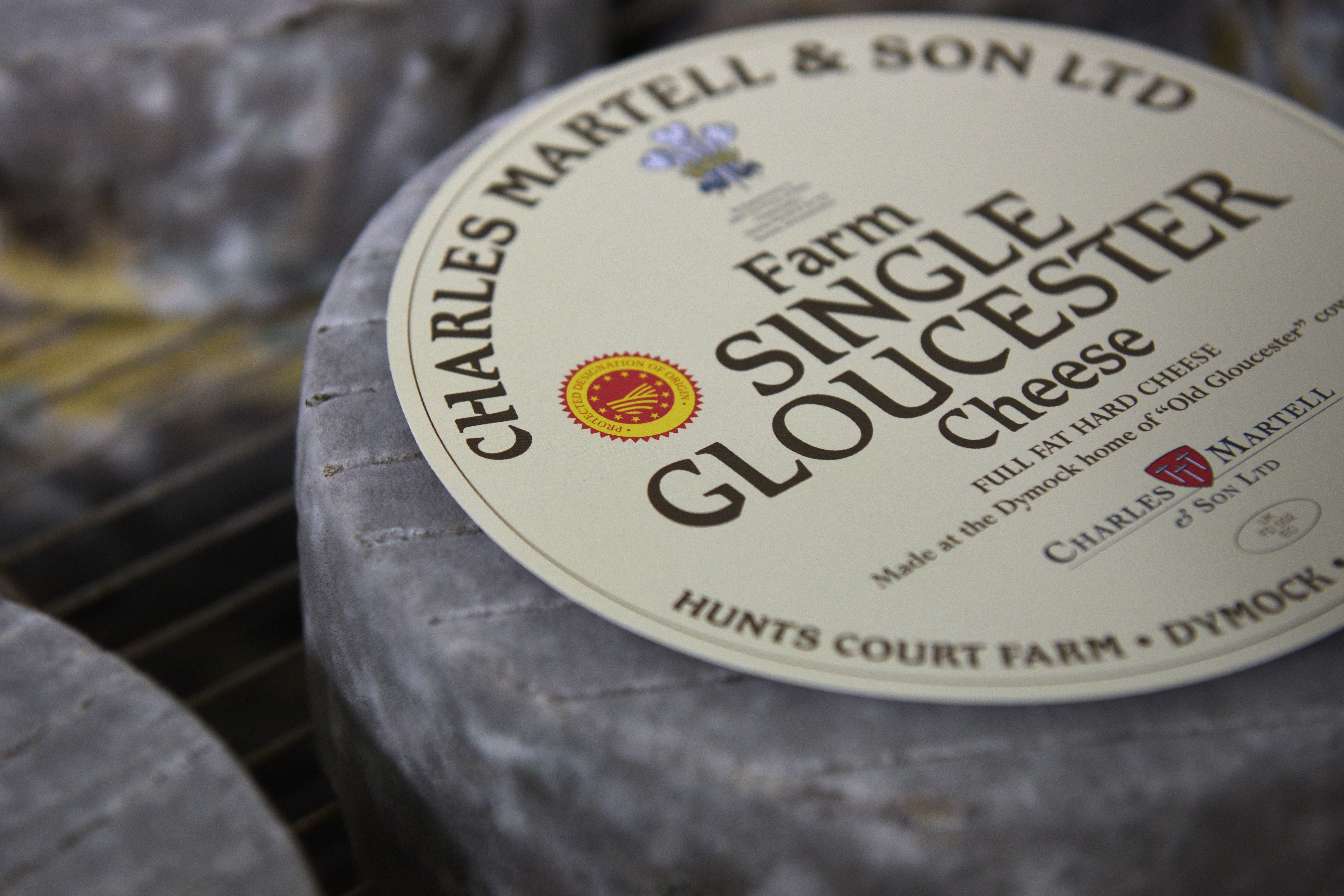British food and drink exports to EU fall by 47% in first quarter
First quarter UK exports fell from £5.1bn in 2020 to £3.7bn in 2021, mainly due to new trade barriers with the EU

In the first three months of 2021, British food and drink exports to the EU fell by £2bn — or by 47 per cent — compared with the same period in 2020, according to figures from The Food and Drink Federation (FDF).
Overall first quarter UK exports fell from £5.1bn in 2020 to £3.7bn in 2021.
While losses were seen across many sectors, dairy exporters were the hardest hit with milk and cream exports to the EU falling by more than 90 per cent, while cheese exports fell by two-thirds.
Chocolate and whisky were also notable trade losers, with exports to the EU falling by 37 per cent and 32 per cent respectively.
Dominic Goudie, the FDF’s head of international trade said: “The loss of £2bn of exports to the EU is a disaster for our industry, and is a very clear indication of the scale of losses that UK manufacturers face in the longer-term due to new trade barriers with the EU.”
The FDF said that much of this decline was due to changes in the UK’s trading relationships, following Brexit, but added that the coronavirus outbreak also contributed to a decline in trade of around 10 to 15 per cent.
John Whitehead, of the Food and Drink Exporter’s Association (FDEA) said that some decline was also due to the stockpiling of goods by EU importers ahead of Brexit.
He added that “significant business has been lost as a direct result of the additional bureaucracy, customs delays and costs of trading with the EU.”
“Experienced FDEA members are continuing to battle against inconsistent interpretations of regulations across the EU and having to weigh up whether the time and cost involved is sustainable. We fully support the FDF in pressing government to boost support for exporters.”
Exports to Ireland, Portugal and Spain were all severely impacted, with food and drink exports falling 71 per cent, 72 per cent and 63 per cent respectively, compared to the first quarter in 2020.
Sales to non-EU countries were up in the first quarter of 2021, comprising 55 per cent of all UK food and drink exports, compared with only 40 per cent over the same period in 2020.
This growth was not due to a major increase in trade with non-EU countries, however, as exports outside of the trading bloc only grew by 0.3 per cent year-over-year, the FDF said, the non-EU countries simply made up more of the export-share in 2021.
The FDF data also showed that exports to China were up by 25 per cent, compared with the first quarter in 2020, driven mainly by the sale of pork, whisky, and vegetable oils.
Exports to Japan, Hong Kong, and South Korea were also strong in the first quarter.
Join our commenting forum
Join thought-provoking conversations, follow other Independent readers and see their replies
Comments
Bookmark popover
Removed from bookmarks